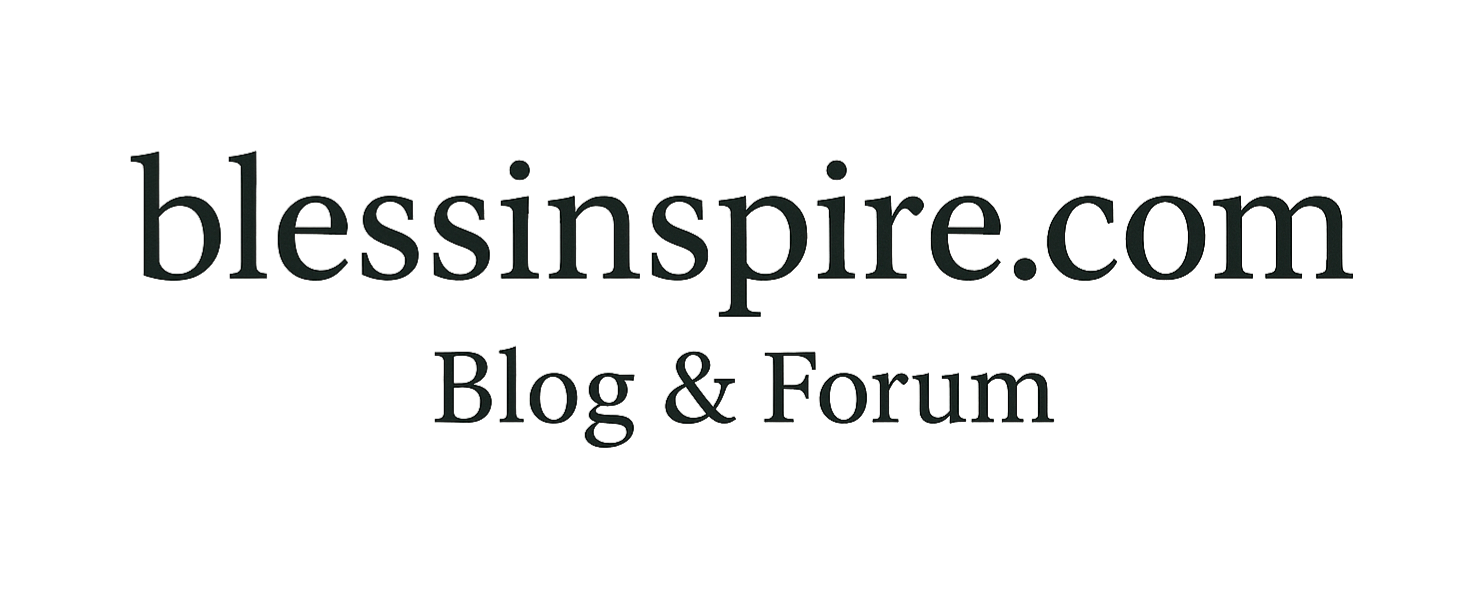[user_display_name]
[Sticky] Calm, Purposeful Papacy: Pope Leo XIV’s First 100 Days
Pope Leo XIV’s First 100 Days: What It Means for You
In his initial 100 days, Pope Leo XIV has shaped a calm, purposeful papacy marked by thoughtful restraint and continuity from his predecessor. He has steered clear of polemics, offering unity rather than controversy, a contrast many faithful welcome.
This approach resonates after 12 sometimes tumultuous years under Pope Francis. Leo XIV anchors his papacy in gentle steadiness while affirming key legacies — environmental advocacy, institutional transparency, and pastoral inclusiveness.
He notably moved forward with Vatican’s plan to build a massive solar farm, positioning the city-state to become the world’s first carbon-neutral country.
At the same time, he reinforced financial transparency reforms begun under Francis, using structure rather than spectacle to guide change.
Yet, what’s missing in many competitor articles is deeper insight into how his Augustinian theology shapes decision-making. Leo’s background in the Order of St. Augustine — grounded in community, prayer, and interior life — offers a richer context for his style of leadership. It merits exploration.
Moreover, some coverage underplays the strategic balance Leo maintains between progressives and conservatives.
While continuing Francis’ environmental legacy, he avoids partisan hot-button issues like nuclear weapons morality or same-sex blessings, signaling thoughtful neutrality.
A fuller analysis could examine how this middle path may appeal across ideological divides.
Competitor articles also lightly touch on Leo’s administrative finesse and global reception but often overlook global diplomatic implications.
For instance, several heads of state—from Portugal, Singapore, South Africa, Sweden, and others—have extended warm congratulations, emphasizing his message of peace, unity, and religious dialogue.
Integrating these international reactions could enhance depth.
To build better content: incorporate precise statistics (e.g., Vatican carbon-neutral goals, solar farm scale), quote authoritative theology or Vatican statements, and embed links to reputable sources like Vatican press releases or Catholic academic analyses.
Also, considering current trends, reference global concerns such as AI ethics, climate action, and faith communities in the digital age to stay contemporary.
Pope Leo XIV’s calm, purposeful papacy has taken shape with remarkable subtlety in his first 100 days.
In contrast to his predecessor’s more spontaneous approach, Leo delivers unity with quiet consistency — a return to poise many Catholics find reassuring. His focus remains on Christ-centered leadership, not headlines.
He has advanced environmental stewardship by approving Vatican’s ambitious solar-farm project — a venture expected to power Vatican City entirely and set a global example in carbon neutrality.
Simultaneously, he strengthened financial transparency initiatives already underway, layering clarity and coherence over existing reforms. These steps signal durable governance beyond shifting personalities.
Leo roots his leadership in Augustinian spirituality — emphasizing prayer, communal discernment, and theological reflection.
His doctoral work on ecclesial authority underscores a leadership model defined by humility and obedience to divine will, not existential displays.
While he preserves Francis’s legacy, he avoids polarizing issues. On the Hiroshima anniversary, he refrained from matching Francis’s strong language on nuclear armament.
On doctrinal debates like marriage, he emphasizes traditional sacramental teaching, appealing to conservative sensibilities without igniting division.
Global leaders responded positively: Portugal, Singapore, South Africa, Sweden and others praised his message of peace, interfaith dialogue, and human dignity.
Including these reactions expands understanding of his international resonance.
To elevate your blog post: link to authoritative sources such as the Vatican’s official statements or reputable outlets like PBS or the AP. For example, the solar-farm plan is detailed in Vatican communications and covered by mainstream media. Provide context with industry data — e.g., projected CO₂ reductions — and theological perspective by citing scholars on Augustinian spirituality.
This original, richly contextualized coverage distinguishes your content: it integrates mission, theology, governance, and global diplomacy — not just reporting milestones.
The result is informative, nuanced, and optimized for readers seeking depth and clarity in Church leadership.
- 96 Forums
- 335 Topics
- 361 Posts
- 2 Online
- 21 Members


